
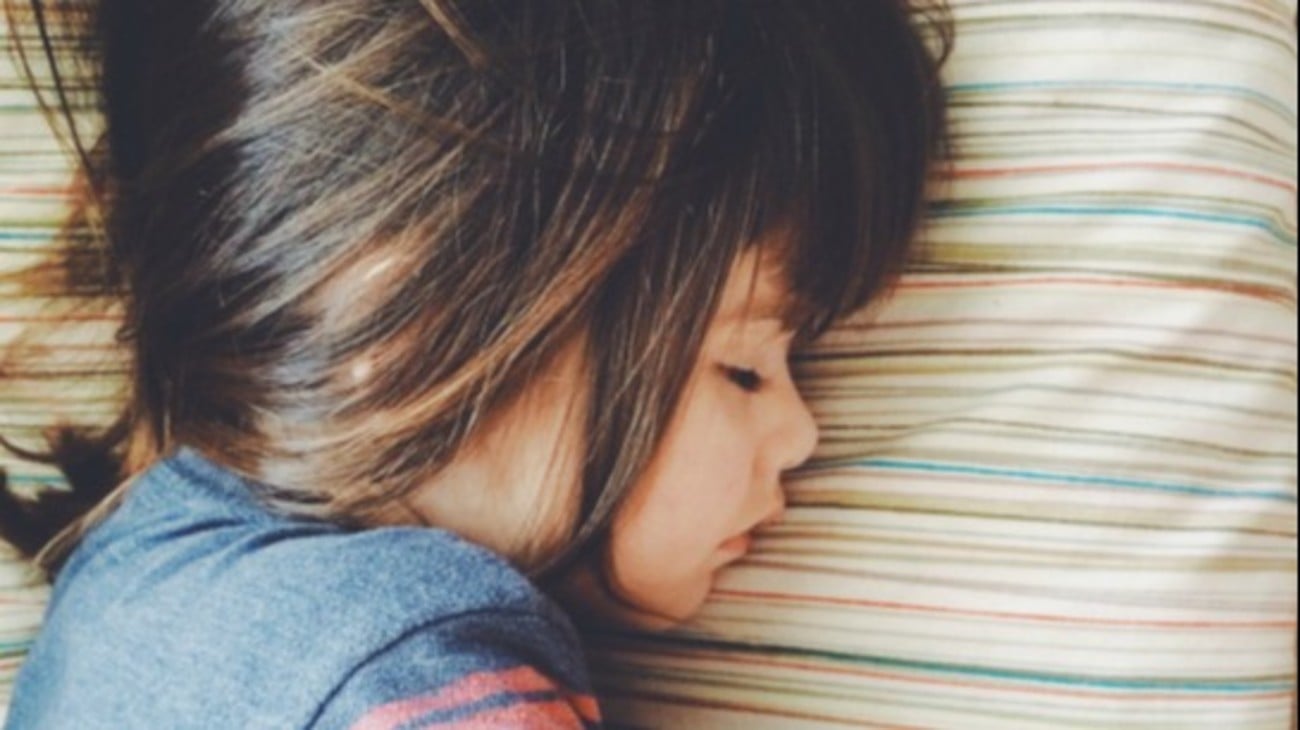
Newborns
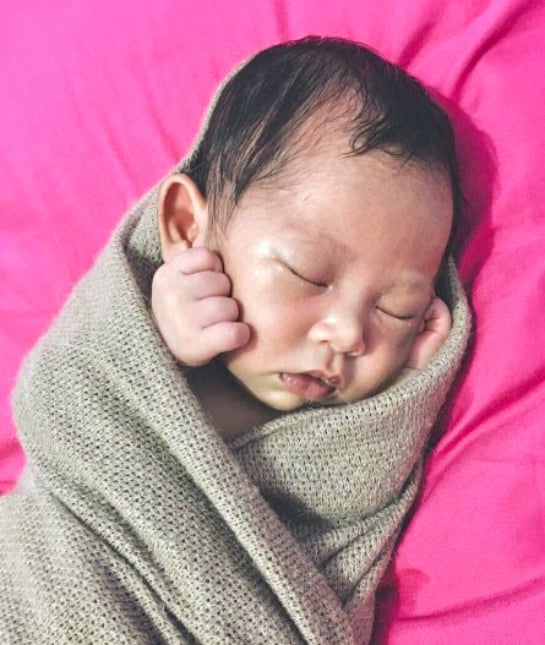
Sleep is crucial to good health and a long life. Not getting enough sleep wreaks havoc on our sex drives, immune systems, ability to think and overall health. It can lead to obesity, heart and kidney disease, high blood pressure and diabetes. You're also at great risk for certain cancers if you don't get enough sleep.
But how much is enough? It depends on your age. The American Academy of Sleep Medicine has recommendations for every developmental age in childhood and also for adults, depending on life stage.
Newborns to 3-month-olds should get eight to nine hours of sleep in the daytime and another eight hours at night (likely not in one stretch, as any new parent will tell you).
Infants
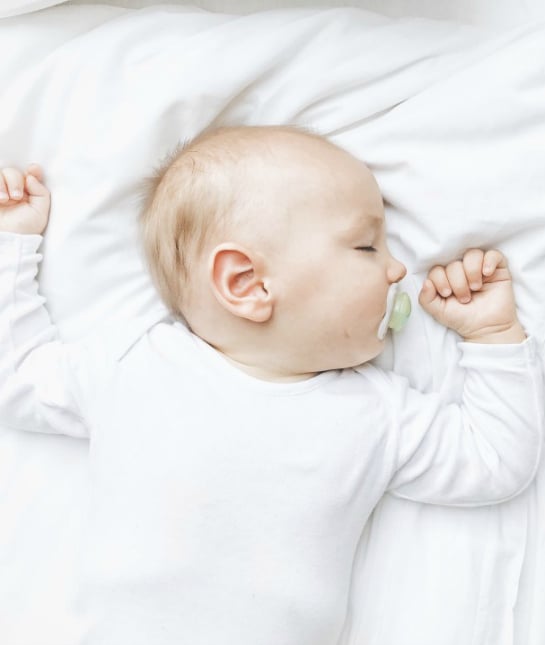
Babies 4 months to 1 year old should get 12 to 16 hours of sleep in one 24-hour period. They'll sleep for longer stretches but will still need at least two naps every day to get the recommended amount.
Toddlers
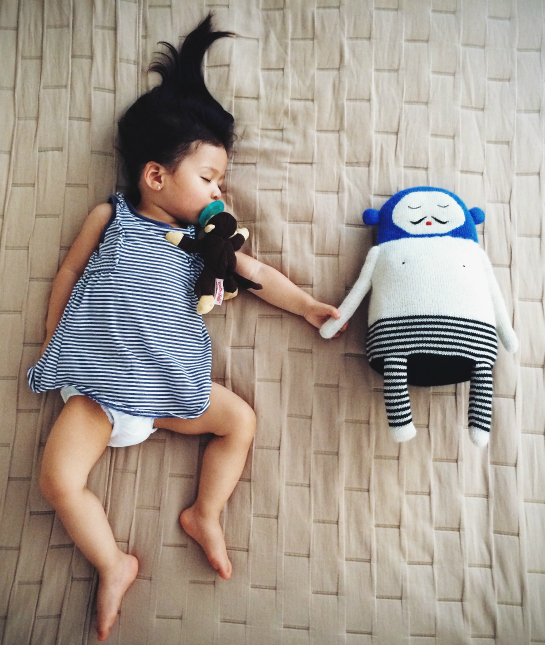
Toddlers in the 1- to 2-year range need slightly less sleep than babies. They should be getting 11 to 14 hours of sleep in a 24-hour period, meaning they still need to nap at least once in the day.
Preschoolers
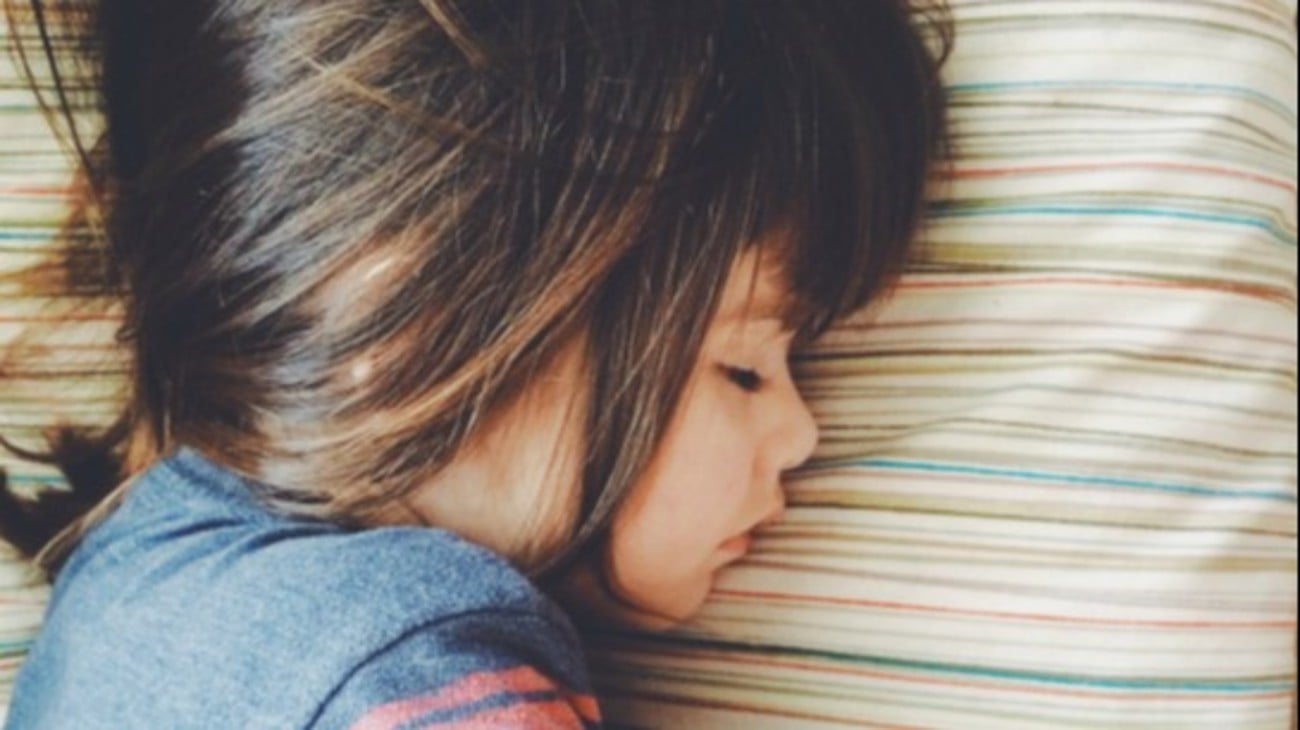
Preschoolers, who may indicate they no longer want to nap, still need plenty of sleep—around 10 to 13 hours a day. If they refuse to nap, parents are encouraged to adjust their child's bedtimes so that they get the full amount required for their rapidly developing brains and bodies.
Elementary Age

Elementary school-age kids from 6 to 12 years old also need to get enough sleep, but with after-school activities and evenings spent on homework, it can be more challenging to get the full recommended amount: nine to 12 hours per night, including weekends.
Teens
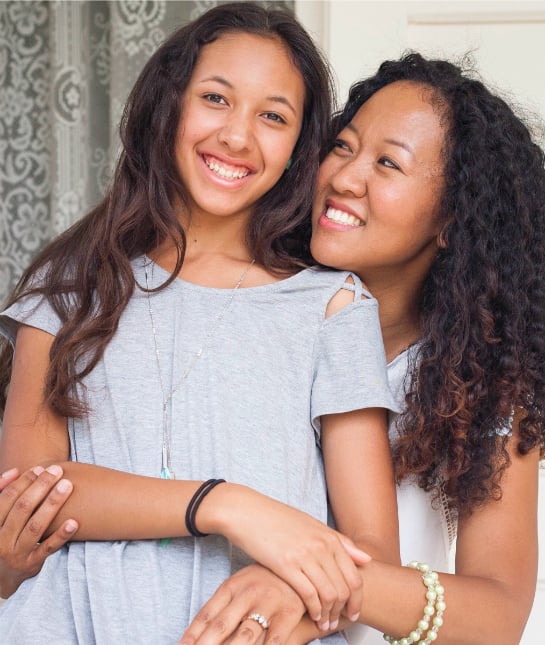
Teens are notoriously lacking in the sleep department. Their schools start super early, they're in after-school sports and activities, and they stay up late doing homework. Still, their brains are developing, and they need lots of sleep to perform well and be healthy: eight to 10 hours.
Young Adults
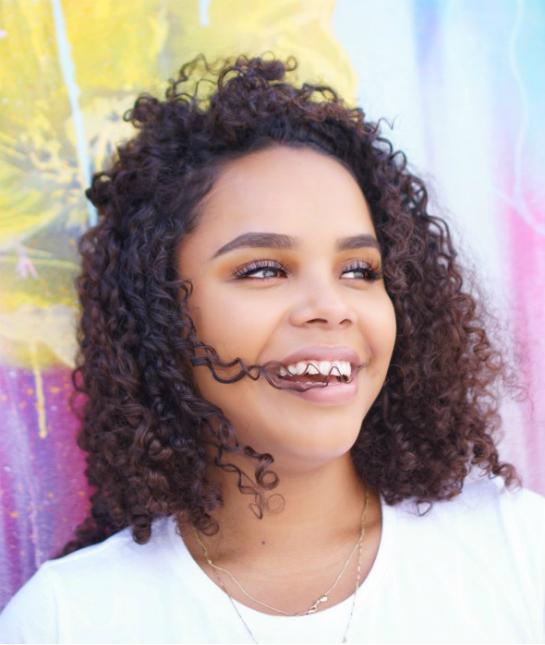
Young adults, those ages 19 to 25, are still growing their brains and getting everything wired up. And yet this is an age where sleep is often the last priority. Still, young adults should aim to get seven to nine hours of sleep per night. (Though experts concede that some do fine with as little as six hours, while others need between 10 and 11 hours.)
Pregnant Women
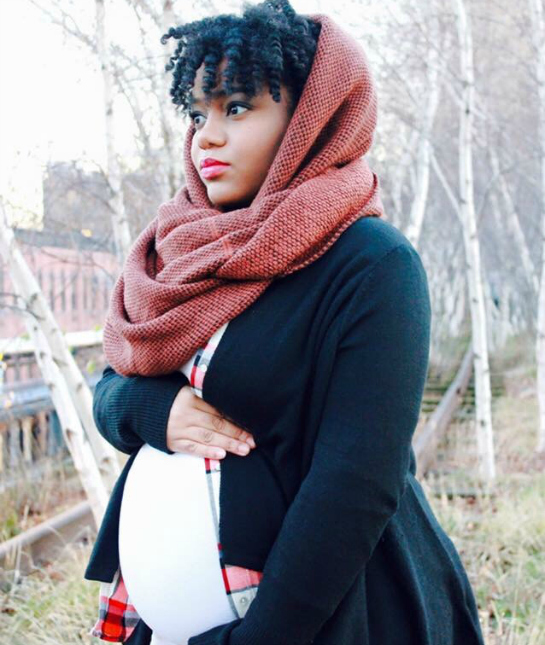
Pregnant women have different sleep needs, due to changing hormones and the work of growing another life. While they should be getting at least eight hours of sleep per night, their quality of sleep has changed and so they may want to bump up their usual sleep amount by 45 minutes or add in a nap during the day.
Adults
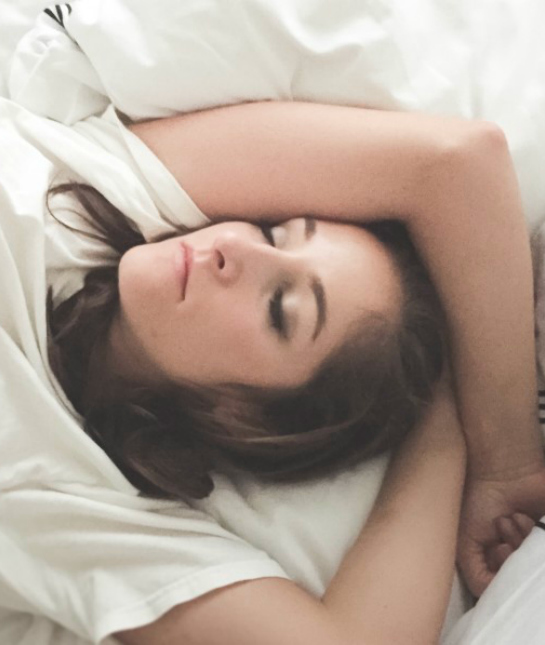
Adults need sleep to stay healthy, safe and alert. The optimum amount for 18- to 64-year-olds is between seven and nine hours per night, though some people do fine with as little as six hours. Others might find that they need up to 10 hours of sleep, which is also within the recommended amount of healthy sleep.
Seniors

Seniors, though 65 and older, change their sleeping habits as they age. Hormones, aches and pains and other worries often prevent them from getting enough quality sleep. Experts recommend the elderly try to get between seven to eight hours of sleep in one 24-hour period.

